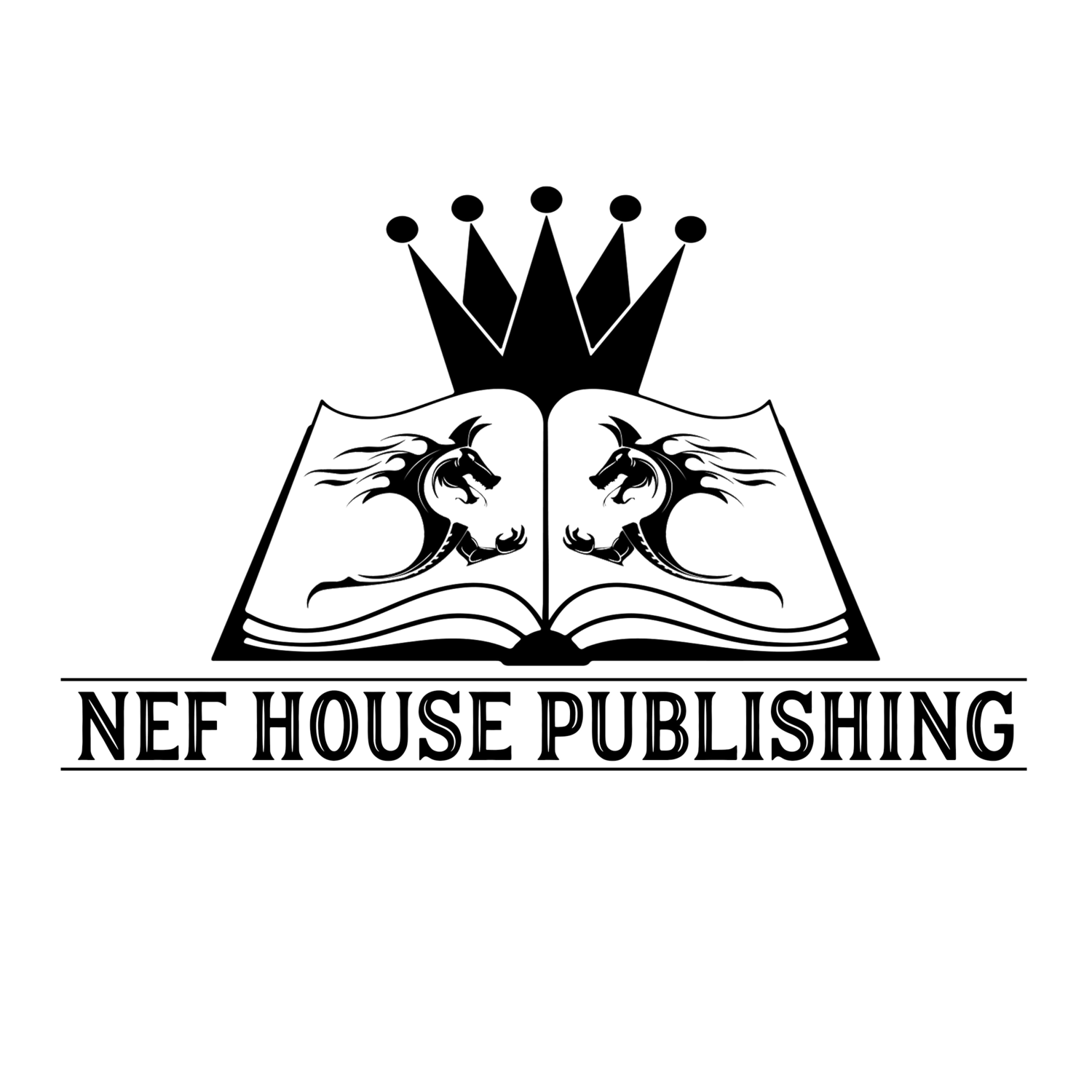HOW TO DRAG SOMEONE DOWN THE PAGE BY THEIR SHIRT COLLAR
After reading a couple thousand novel queries as part of my day job, editing dozens of novels (many of which have gone on to be published), and writing a handful of my own books, I’ve realized a few tips and tricks when it comes to both what attracts my attention as an acquiring editor and also what seems to attract the attention of other editors and agents (in the SFFH world especially). Of course this—perhaps more importantly—works for readers, too. Really it’s a study of the hook, in all its terrible forms.
Conflict – This might seem obvious, but unfortunately it’s not. I’ve read an unbelievable number of opening pages where the character is waking up from a nice night’s rest, is moseying about their house getting ready for the day, or otherwise doing some general, regular task. Have there been great books written where characters do this in the opening pages? Sure. Does it offer the reader a chance to settle down into the story, learn about the character, and take a look at the special world you’ve built? Absolutely. But it’s plainly not a great, compelling hook to present on your opening page, right? There’s nothing new, exciting, or formative about reading this, especially not as your first impression, especially if it’s the fourth story they’ve read that year with that opening. For that reason I immediately flag these sorts of openings (despite their various strengths / positive traits) as “boring.”
As far as grabbing an editor’s attention, my single biggest piece of advice is to force them to take a look at what you’ve got. Grab them by the collar of their shirt and drag them down the page kicking and screaming. How? Well you’re not going to do that unless you intrigue them. I can say definitively that the single best way to grab my attention is to shove the primary conflict at me as soon as humanly possible. If the first line doesn’t in some way acknowledge the story’s central conflict, the first half page ought to. If I could ask one question of a first page, it would be, plainly: What is this story about? SFFH is generally fueled by some kind of central conflict, and if you can convey what that conflict is as quickly as possible, you’re off to a great start. Often times I can’t even answer that question at the end of chapter 1. Again, are there a thousand and one great books that this could be said of? Sure, absolutely. But that doesn’t mean there aren’t thousands of books that were picked up because they did manage to successfully intrigue an editor/agent on page 1.
Put your conflict as close to the first word as possible! Let it speak for itself. A great example of this is the opening line of Stephen King’s IT—unsurprisingly, I could have chosen 10 of his other first lines that do similar things as this. “The terror, which would not end for another twenty-eight-years—if it ever did end—began, so far as I know or can tell, with a boat made from a sheet of newspaper floating down a gutter swollen with rain.” What does the opening immediately acknowledge? That this is a story of terror, one that spans nearly three decades in the scope of this tale, and that perhaps the ending doesn’t entirely get wrapped up. Also there’s a question, a little bit of mystery—how in the world could a newspaper boat floating down a gutter be involved with a terror like this? Within the next 10 pages, the event that catapults the rest of the novel occurs. Bill Denbrough’s younger brother, the infamous Georgie in his yellow slicker and red galoshes, has his arm ripped off by a horrifying clown, and he bleeds out in the rainy street in a matter of seconds. As far as first chapters go, it hardly gets better than that.
If you’re someone with an appetite for a tale of cosmic terror that takes place from the point of view of a group of kids (and later adults), if you’re willing to sink into a horror story that spans nearly 30 years, it’s hard to imagine you wouldn’t be taken by the opening chapter. That’s something else that happens when really good stories begin: they make promises, and the great ones deliver on them. There’s something else that happens when you think like this, too: by being asked to lead with your central conflict, to put it as close to the first page as possible and really show it off, you might realize that your story lacks a compelling conflict at all. This happens a lot in drafts that I edit, and it’s often easier to fix than you might think. It’s a thought that’s worth having, though: is the conflict that fuels your story powerful enough to drag a reader down the page by their shirt collar?
Tyler Hauth teaches writing at Emerson College and publishes short stories and novels. He works as the editor-in-chief at Book Forge Press and is the editor of the horror anthology American Dread. He also owns The Book Forge at 3 South Main Street in Orange, MA - a bookstore and writing workshop.
He writes southern horror, science fiction, and fantasy. His stories generally include imagery that invokes a sense of dread by calling on elements of the supernatural or fantastic.
He has a bachelor's in English and Creative Writing and an MFA in Creative Writing from Emerson College. You can find out more about his work at bookforgepress.com
Some of his favorite authors include Brandon Sanderson, J.K. Rowling, Haruki Murakami, C.S. Lewis, Stephen King, E.A. Poe, Washington Irving, and Jack London.


